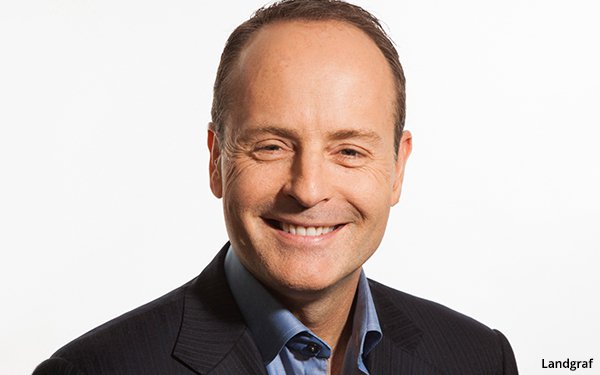
Peak TV
is supposedly dead. So are there really any consumers complaining that there is not
enough TV for them to watch?
No, not really. But perhaps TV business executives are complaining there needs to be more TV for them to make a buck, in order to keep their jobs for the long
term.
Businesses -- including the production of TV shows and movies -- scour under every rock and pebble to find growth of all sorts.
FX Networks -- longtime keepers and TV
soul-watchers of programs -- now say that after around two decades of monitoring the number of scripted TV series, things are slowing down.
At the recent Television Critics Tour meeting, John
Landgraf, CEO of FX Network said there is a 14% decline this year to 516 scripted TV series from U.S. networks and streamers. A year ago there were 600 series.
advertisement
advertisement
Blame some (or most of this) on
those writers' and actors' strikes of a year ago for some of it. Perhaps you can also blame modestly growing steamers, which are still slow in their goal of making some profits.
But how does
the consumer feel about it? There still seems to be a lot of scripted TV around. And it's not always completely new stuff released, but perhaps hundreds of TV shows that have been around that
consumers have not seen.
In the fourth quarter of 2023 alone, Netflix was down 31% versus the same period a year ago to 99 original TV series (down from 145).
Recent data from Amazon,
Disney+ and Paramount+ over that same period showed gains year-over-year -- up from 44, 24 and 15, respectively, versus a year ago.
And yes, this data include scripted (more expensive to make)
and unscripted (less expensive) TV shows.
Perhaps we need to also talk quality. We can surely see that HBO (on Max and on linear TV) still makes quality stuff. But so does Hulu, FX, Netflix,
Amazon Prime Video, and Walt Disney -- if award hardware means anything.
Landgraf has always talked about how the TV business could not support the growing volume of scripted TV shows. And
yet, for a decade and a half this is exactly what happened.
Did every studio lose a massive amount of money?
Factor in industry leader Netflix's track record -- that of many relatively
quick (successful?) show cancellations after only two or three years.
Looking more broadly perhaps major legacy Hollywood studios now have a different P&L sheet than the rest of the
world. Perhaps one major success outweighs ten failures. Maybe that failure was one-in-seven a few years ago.
Also add in streamers -- and linear TV networks -- are now overall working hard to
slow down the skyrocketing number of productions, to find some net profit cycles to count on.
No matter. Peak TV now needs a different moniker going forward. Maybe it's more Pecked TV or
Picked-On TV.